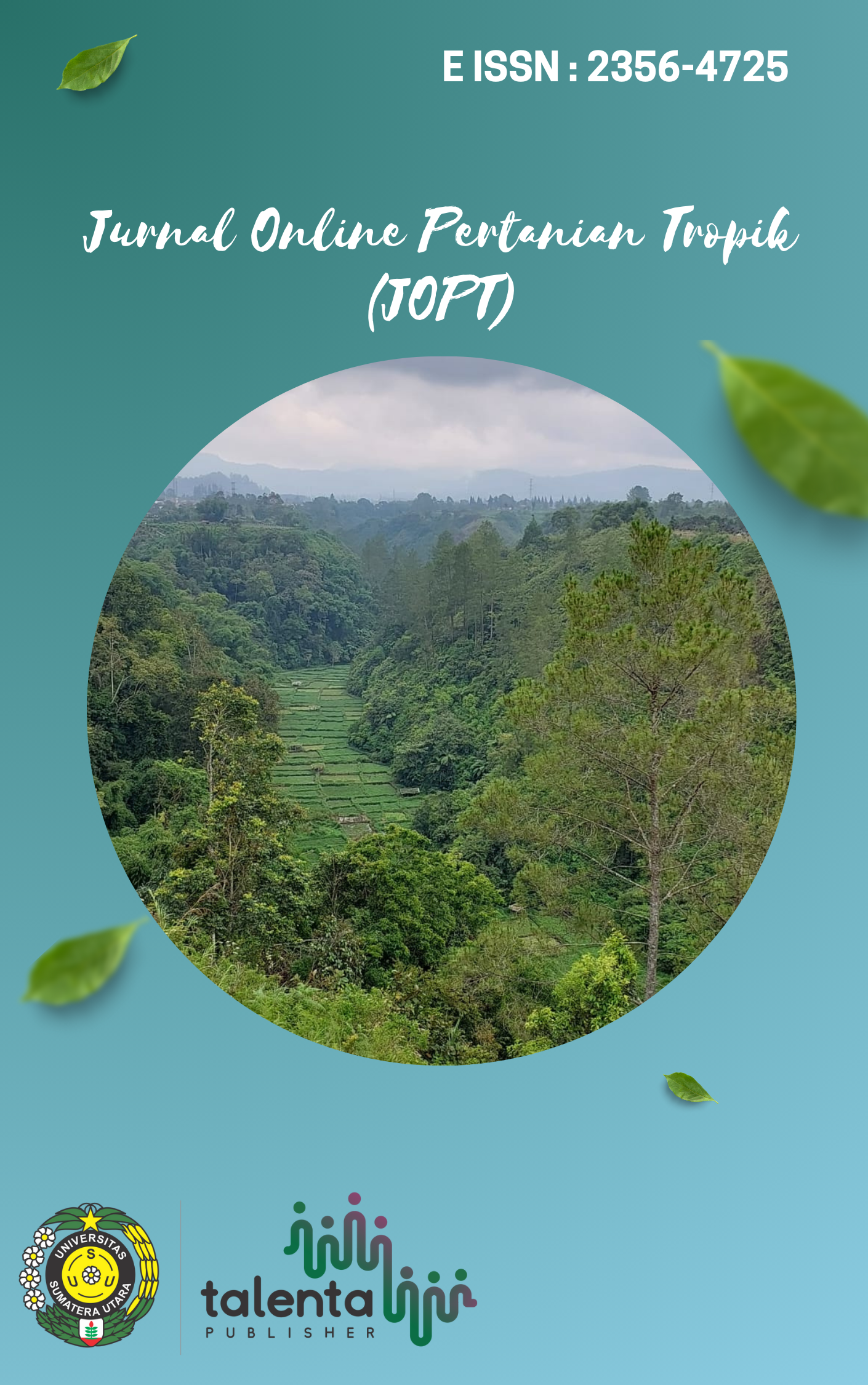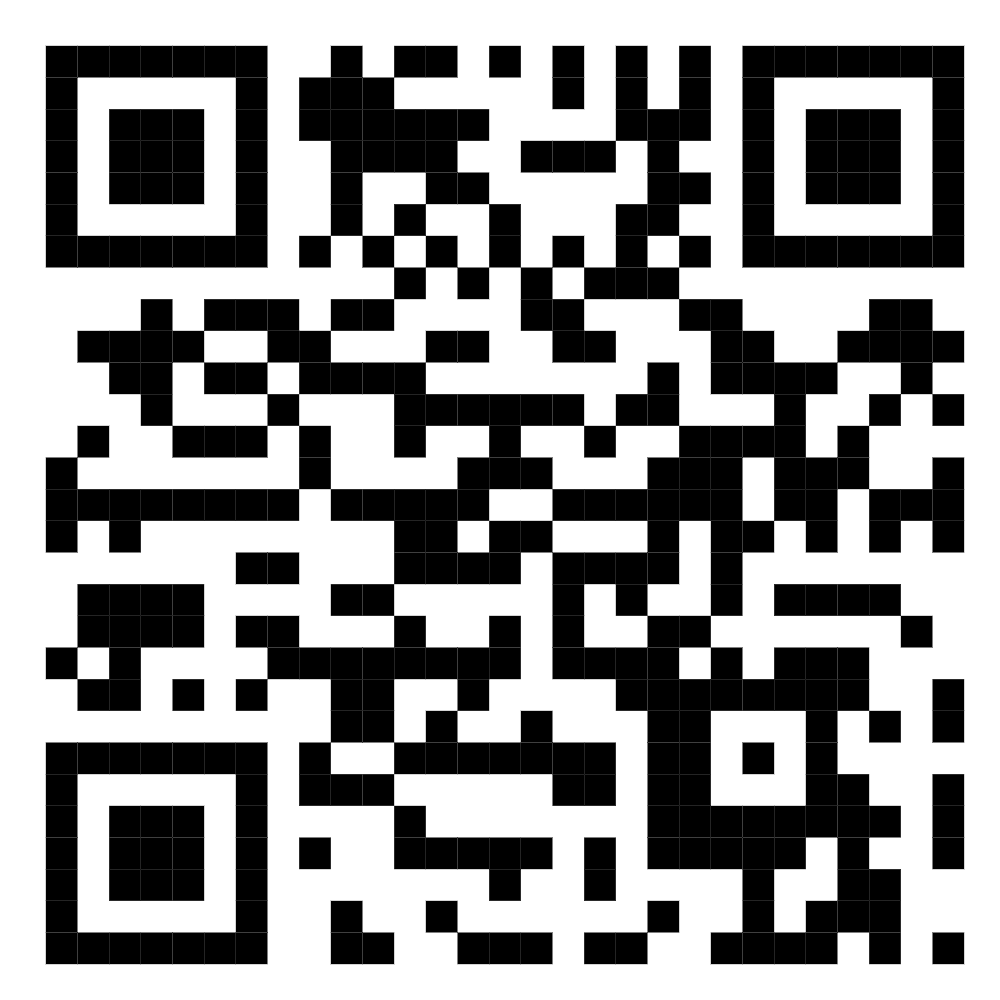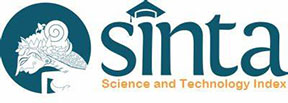Monitoring of Air Temperature and Humidity Inside and Outside Oyster Mushroom (Pleurotus ostreatus) House Using DHT11 Sensor
DOI:
https://doi.org/10.32734/jpt.v12i2.19868Keywords:
DHT11, oyster mushroom, humidity, temperatureAbstract
Oyster mushrooms (Pleurotus ostreatus) require a humid environment and stable temperatures to grow optimally. One of the mushroom growing media, namely mushroom house, which need to be regulated in temperature and humidity in order to produce high-quality mushrooms. Management of environmental conditions is essential, as significant changes in temperature and humidity can inhibit mold growth or even cause disease. This study aims to monitor the internal and external conditions of the oyster mushroom growing environment using a DHT11 sensor so that ideal growth conditions can be obtained. This research was carried out through several stages, including the preparation of tools and materials, hardware design, layout arrangement, testing of temperature and air humidity control systems, and monitoring oyster mold growth. The results of the 20-day study showed that the internal temperature in oyster mushroom clusters was at the ideal temperature for oyster mushroom growth, which ranged from 25,3°C to 30,8°C, while the maximum humidity reached up to 98% at certain times. The external temperature of mushroom house is in the temperature range of 28°C to 33,5°C with a relatively lower humidity, ranging from 73,2% to 91,2%. Humidity above 90% dominates most measurements, especially in the afternoon, creating ideal conditions for mold growth. The use of the DHT11 sensor in temperature and humidity measurements in this study was effective in recording significant daily fluctuations. The resulting data shows that the sensor is able to detect changes in temperature and humidity of the kumbung chamber and the environment.
Downloads
References
Akbar, R. N. A., Yuliana, D. E., & Fiolana, F. A. (2021). Temperature, humidity, and light intensity regulators in oyster mushroom house using iodine. Ammer Journal Of Academic & Multidicipline Research, 1(1), 15–23. DOI: https://doi.org/10.32503/ammer.v1i01.1877
Arminarahmah, N., Puspitasai, D. I., Arafat, Ibrahim, & Raharjo, M. R. (2022). Implementation of Temperature and Humidity Control Devices for Mushroom House in the Household Industry of Teteh Sri. Panrita Abdi, 6(3), 557–564.
Devi, N. S., Erwanto, D., & Utomo, Y. B. (2018). Design of Temperature and Humidity Control System in IoT-Based Oyster Mushroom Cultivation Room. Multitek Indonesia, 12(2), 104–113.
Eteruddin, H., Dini, I. R., Huda, F., & others. (2024). Effect of Temperature and Humidity on Oyster Mushroom Productivity. JOURNAL ENGINEERING, 18(2), 1–5. TEAM : https://doi.org/10.31849/teknik.v17i1
Hadi, S., Labib, R. P. M. D., & Widayaka, P. D. (2022). Comparison of Measurement Accuracy of LM35 Sensor and DHT11 Sensor for Internet of Things Based Temperature Monitoring. STRING (Research and Technology Innovation Writing Unit), 6(3).
Hafiz, A., Fardian, F., & Rahman, A. (2017). Design and Build a Prototype of Temperature, Humidity and Light Measurement and Monitoring Automatically Based on Iot in Merang Mushroom House. Journal of Computer, Information Technology, and Electricity, 2(3).
Hidayat, M. M., Hasan, N. F., Maya, I., & Wakerwa, M. (2023). Automatic temperature and humidity control system in oyster mushroom cultivation based on iot to support smart farming system. Teknimedia: Information Technology and Multimedia, 4(2), 190–195. DOI: https://doi.org/10.46764/teknimedia.v4i2.130
Kristiyanti, D. R., Wijayanto, A., & Aziz, A. (2022). Temperature and Humidity Monitoring System in Oyster Mushroom Cultivation Based on the Internet of Things Using MQTT and Telegram BOT. Adoption of Information Technology and Systems (ATASI), 1(1), 61–73. DOI:
https://doi.org/10.30872/atasi.v1i1.60
KURNIAWAN, A. (2019). Design and Build Automatic Temperature Control and Air Humidity Monitoring in Iot-Based Oyster Mushroom Cultivation Room Using MQTT Protocol.Semarang: USM Final Project.
Kusriyanto, M. K., Warindi, W., & Siregar, I. P. (2017). Design and build temperature and humidity control on oyster mushroom bushes based on Arduino Mega 2560. Technoin, 23(3), 267–274.
Machfudi, M., Supriyatna, A., & Hendrawan, H. (2021). Oyster Mushroom Cultivation as a Business Opportunity (Case Study of LIPI Biology Research Center). Community Dev. JJ Pengabdi. Masy, 2(1), 127–135.
Munggaran, Z. R. (2015). Design and Build Temperature and Humidity Control on a 20 kv Cubicle Electric Power Distribution System. Thesis. Faculty of Mathematics and Natural Sciences. General Ahmad Yani University.
Rusjayanti, D., Sutiyono, T., & Hidayat, T. (2024). Observation of the Impact of Temperature Stress on Mushroom Plant Business Actors. Journal of Community Service of the Sultan of Indonesia, 1(1), 33–38. https://doi.org/10.58291/abdisultan.v1i1.196
Waluyo, S., Lanya, B., & Telaumbanua, M. (2018). Temperature and Humidity Control in Oyster Mushroom House (Pleurotus sp) Automatically Based on Microcontrollers. Automatic control of temperature and humidity in oyster mushroom house (Pleurotus sp) based on microcontrollers, 3(38), 282–288. https://doi.org/10.22146/agritech.30068
Wicaksana, N. (2018). Design and build an android-based smart greenhouse monitoring system with a temperature, air humidity and soil sensor application for merang mushroom cultivation. Journal of Electrical Engineering, Energy, and Information Technology (J3EIT), 6(1).
Downloads
Published
How to Cite
Issue
Section
License
Copyright (c) 2025 Jurnal Online Pertanian Tropik

This work is licensed under a Creative Commons Attribution-ShareAlike 4.0 International License.






















